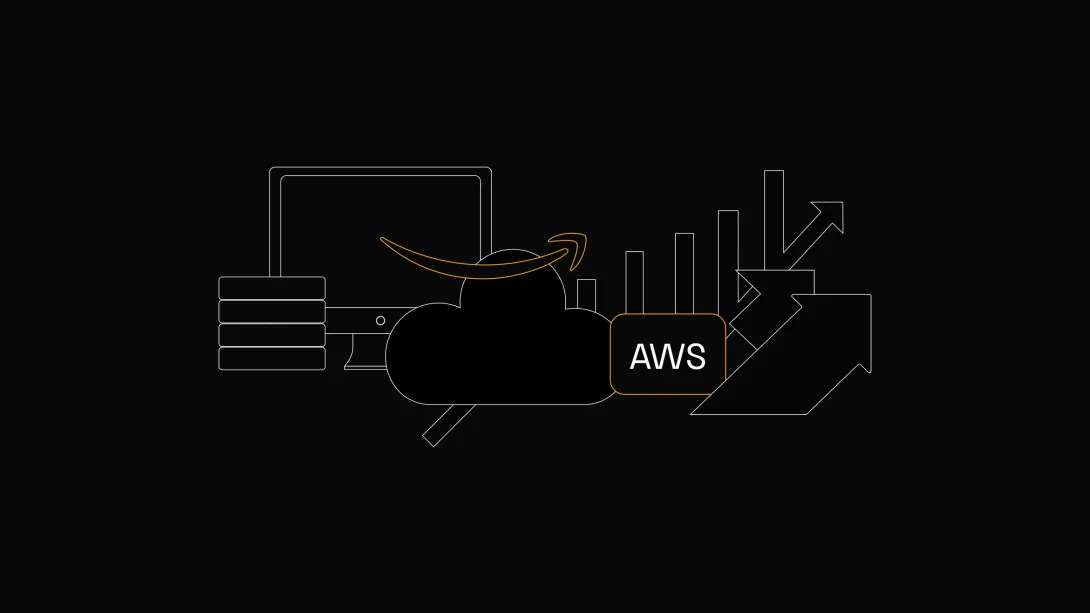AWS in Action: Modernizing BigHeart’s Infrastructure Without Missing a Beat

When a rapidly growing digital health platform needed to upgrade its outdated infrastructure without interrupting service, we chose AWS. By leveraging containerized scalability, ensuring real-time data consistency, and achieving geo-distributed performance, we implemented a strong cloud-native system that supports millions of users. This approach also reduced time-to-market and simplified operations.
Challenge:
BigHeart’s backend modernization involved integrating a legacy system with a new one while ensuring uninterrupted service for both the social and business parts of the platform. The system had to manage high traffic peaks and real-time data consistency without any downtime.
Our solution:
We used the following AWS services:
- ECS for container-based scalability (Docker)
- EKS for Kubernetes orchestration
- S3 for long-term object storage
- EFS for fast shared storage between EC2 instances
- EC2 for virtual machines supporting specialized workloads
This setup ensured reliable synchronization, performance under load, and flexibility for continuous development.

Key Benefits for the Clients
- Geo-distribution: Reduced latency by placing services physically closer to the user (especially important for U.S.-based customers)
- Faster time to market: We avoided building everything from scratch by leveraging AWS marketplace offerings
- Operational efficiency: Streamlined deployment processes and infrastructure bootstrapping with IaC
- Cost control: We reduced complexity and maintenance effort by choosing scalable managed services
Lessons Learned
This project emphasized the importance of maintaining technical proficiency in AWS architecture, particularly when operating in competitive international markets. Flexibility, automation, and a deep understanding of AWS services are crucial for providing long-term value.
What We’d Do Differently Today
We should have started using Infrastructure as Code (IaC) earlier in the process. Although we adopted it successfully later on, beginning with tools like Terraform from the start would have simplified environment replication and made managing multiple stages of development and production easier.
Conclusion
AWS provides the tools, but it’s our responsibility to use them wisely. This project demonstrated how effective architecture, automation, and global deployment strategies can accelerate delivery, maintain stability, and facilitate smooth scaling.



